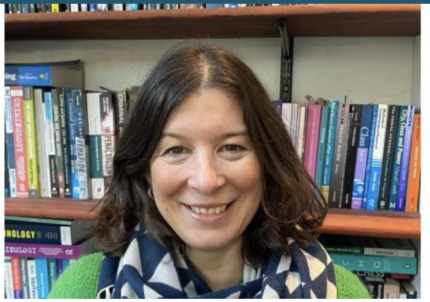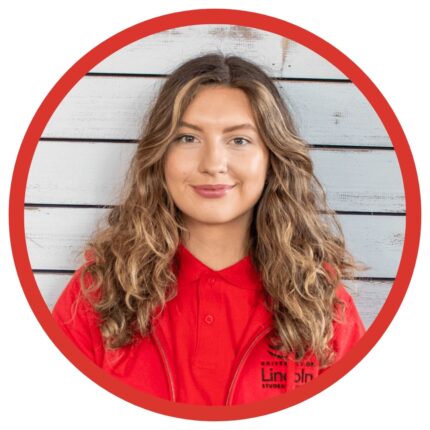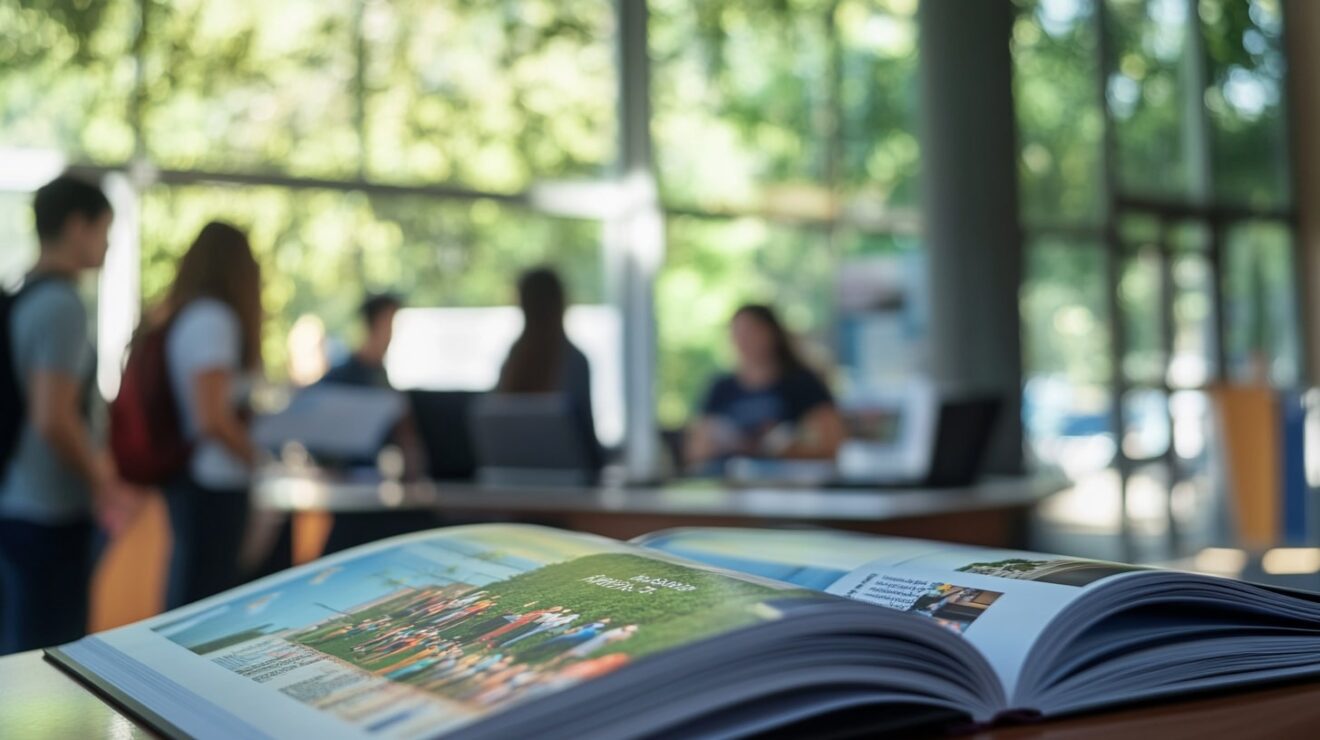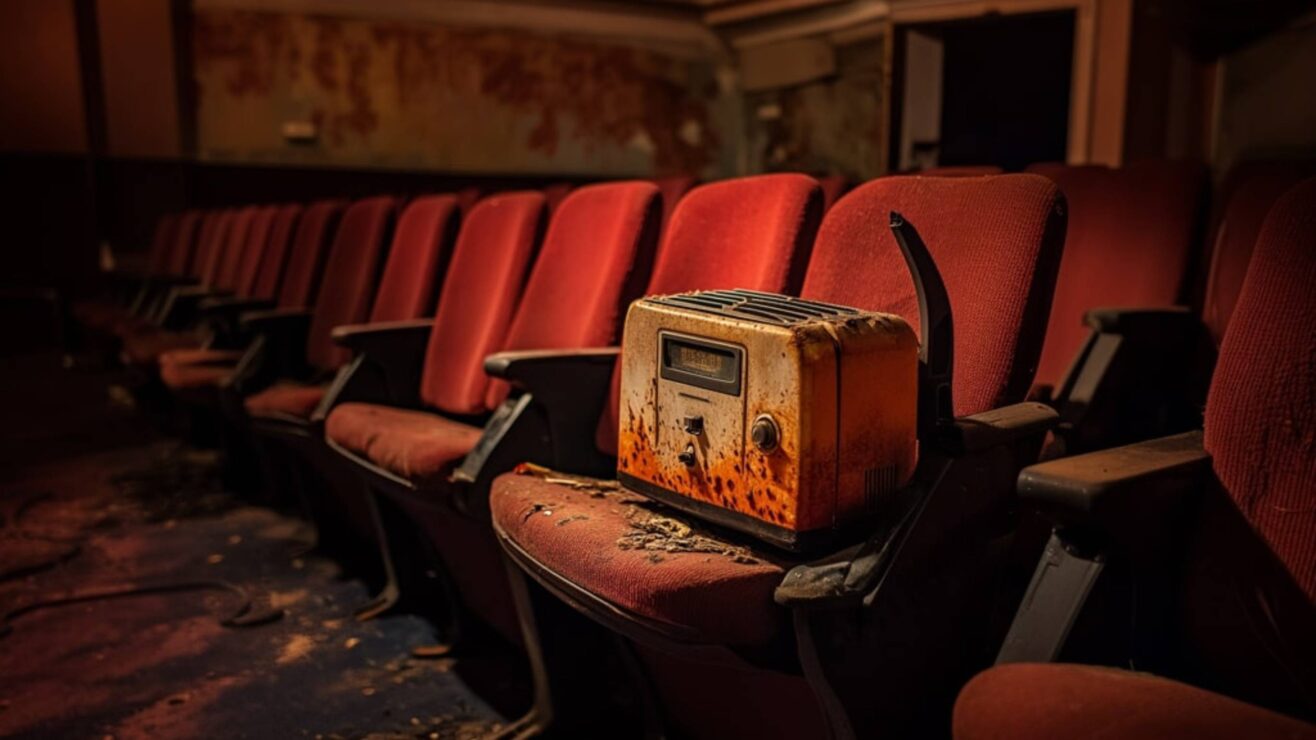It is fundamental that universities proactively work to ensure that their students feel they belong.
This has been evidenced time, and time, and time, and time again. Belonging enhances the student experience, improves academic confidence, and contributes to student success. It is no wonder that it has become a buzzword in higher education – so much so that, in some ways, it has overtaken “student voice” as one of the most cited and documented concepts.
Complexity
A sense of belonging shows the holistic value of the wider learning journey in higher education, whereby academic and professional service staff work together with students to ensure they feel valued. They are part of the community of staff and peers. In short, they belong!
But it is not straightforward. Conceptually, it is nebulous in its meaning – as shown in the Pearson/Wonkhe research, and in the Advance HE Building Belonging project. And it is complex to define at sector level as it can mean different things for different institutions and different audiences.
Despite – or perhaps because of – these challenges, building a sense of belonging remains a core strategic focus at the University of Lincoln (UoL) – particularly when building a learning community through our One Community ethos and part of our core responsibilities.
Active engagement
We are currently defining what a sense of belonging means to our students and staff through our Teaching Learning and Student Experience (TLSE) strategy, which has a dedicated Sense of Belonging (SoB) strand. Using the Wonkhe/Pearson research on belonging, UoL and the University of Lincoln Students’ Union (ULSU) have worked in partnership to map how and where belonging is currently situated within UoL under the four pillars of belonging: connection, inclusion, support and autonomy.
We aim to enhance opportunities and steer developments for new inclusive pathways to enhance student experiences for learners. By developing a newer, updated version of Student as Producer (SaP) 2.0 as the key institutional model, we are facilitating opportunities for student engagement and participation within and outside the curriculum, enabling students to hold a valued role in the community at the university.
Through a series of collective efforts, we are working on new co-created opportunities and revising existing projects, such as Student Teaching and Support Panels and UROS. By applying SaP 2.0 as the core model, under the broader foundations of belonging, these projects can empower students to actively engage in the process.
All of our student engagement opportunities are facilitated through flexible active engagement within a collectiveness of practice, and we see ourselves as an institution that actively works in partnership with their students’ union to ensure that students feel connected, heard, and valued.
Students as changemakers
Another example is the Student Future Manifesto. In 2022, UoL was one of 20 institutions to sign up for the UPP Foundation Student Futures Commission new Student Futures Manifesto (SFM) Project. This partnership project was developed between UoL and ULSU and was student-led from start to finish.
Together, we recognised that SFM was part of a much bigger entity. It represented a wider higher education response to some of the challenges students face in their student experience following the pandemic. We developed our SFM as a co-created project, where students – in their role as student consultants paired with staff mentors – designed their own recommendations alongside the core themes of the manifesto:
- Support for students before they reach university
- An induction into university life for each year of study
- Support for mental health and wellbeing
- A clear outline of the teaching students will receive and the necessary tools to access it
- Activities inside and outside the curriculum that build skills, networks and communities
- A clear pathway towards graduate outcomes
Student consultants developed a student manifesto that commits to improvements across the six overarching themes through academic, social and progression opportunities within the university.
They were supported institutionally through LALT, with training provided by the ULSU via a series of developmental events that built their skill sets. Student consultants conducted research with their peers, online surveys and focus groups, resulting in core recommendations. The research team considered all eventualities which may relate to student consultants and their engagement in the project. Students received a grant for their time, with the cost of living in mind, and we focused on accessibility, with timescale and deadlines set around holiday and assessment periods. This gave students key employability skills, which they could take forward for their own progression.
As a result, the outcome of student-created pointers were unique to our institution, and became the institutional commitment to support student experience for the future.
Some recommendations were short-term, with others representing more of a longer-term commitment. Examples include summer micro-credentials, student hubs, opportunities for inter-year conversations, extra-curricular opportunities to explore the campus, mental health self-certification for extensions, information on wellbeing support in welcome week, key information about teaching methods, use of incentives and student curriculum groups. currently, the university and SU are working together to operationalise these recommendations.
Following reports from the student consultants in the summer, the SFM was officially launched online. The page showcases the partnership element of the project and reflects upon shared experiences from both a student and staff perspective.
Key messages
SFM highlighted the importance of a quality academic experience, adopting a holistic perspective on ‘where’ and ‘how’ to improve the student experience. Collectively, we listened to students to understand current challenges by capturing what we were hearing from students on the ground and empowered students to take greater ownership of student consultant roles working with an expert senior staff member in their area. Such pairings identified key areas to explore and supported students as they were directly involved in the conversation.
Too often we see “partnership” as a buzzword and simply include students in committee meetings – which are acronym-central – then we wonder why they can’t meaningfully contribute! The SFM project successfully enabled an effective dialogue between students and senior staff. It developed the students’ knowledge and raised their confidence to question current practice before exploring student-orientated solutions.
Next steps
The SFM team is now moving into phase two so students can continue to be empowered to collaborate in university developments.
As for the longevity of co-created projects, they remain core to Lincoln’s ethos and strategy to improve the student experience, supported by the actions set out by the student consultants.
As a final message, we have seen that collaborative working between the UoL and the SU, with student engagement, has unmistakable benefits, which can help build a better sense of belonging and embed a student’s experience, enabling them to flourish.















